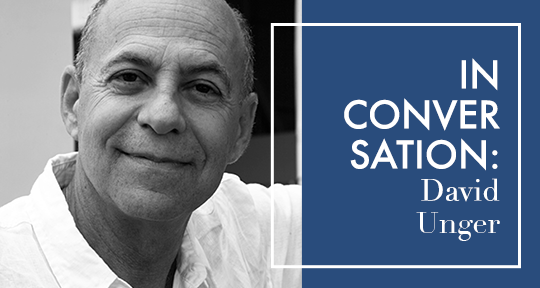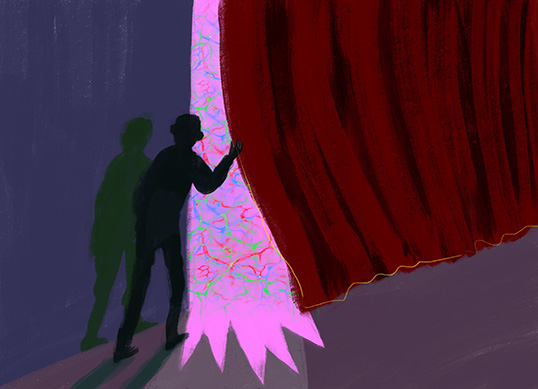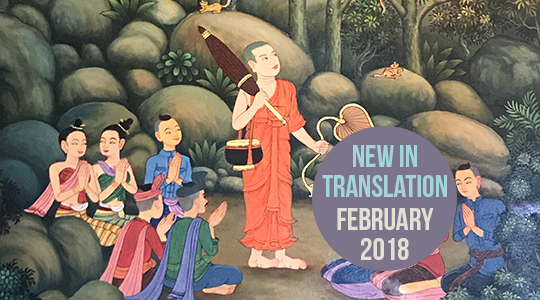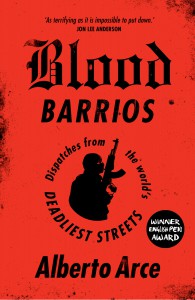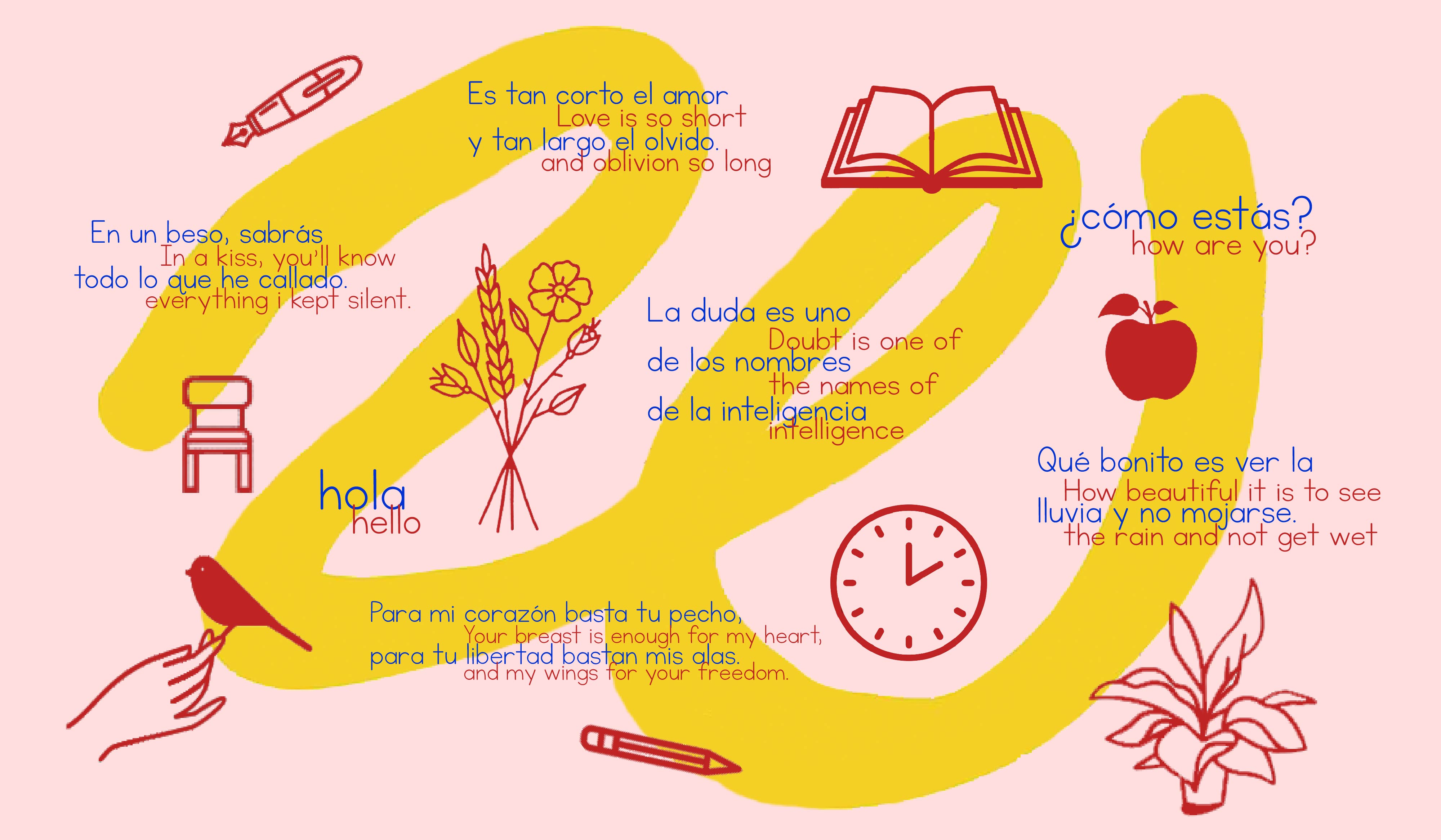In 1946, Nobel Prize laureate and Guatemalan author Miguel Ángel Asturias published his magnum opus, El señor presidente, which would become one of the boldest and most inventive works of Latin American literature, an important predecessor for literary giants including Gabriel García Marquez, Mario Vargas Llosa, Isabel Allende, and Roberto Bolaño. However, the text remains relatively unknown in the English-speaking world. In this intimate and revelatory interview, Editor-at-Large José Garcia Escobar speaks with Guatemalan American author and translator David Unger on the complexities of translating Asturias’s great work into English, balancing authenticity and readability, and its political and artistic legacy.
In 2015, I was living in New York and often got together with the Guatemalan-American writer David Unger. A year prior, he had won the Miguel Ángel Asturias National Prize (Guatemala’s highest literary honor), and his novel The Mastermind (Akashic Books) had just come out.
We met every other month, more or less.
We would go to Home Sweet Harlem, on the corner of Amsterdam and 136th, or Chinelos, a Mexican restaurant just around the corner, and talk about books, translation, and life.
He told me he was flattered that Cristina García had agreed to blurb The Mastermind. He told me of the time he met and had a strong disagreement with Nicanor Parra. When Parra died in 2018, David wrote a piece for The Paris Review. He told me to go see Andrés Neuman at McNally Jackson and read more of his work. Then one day, as we walked back to his office at City College, he said, “I’m translating El señor presidente.”

